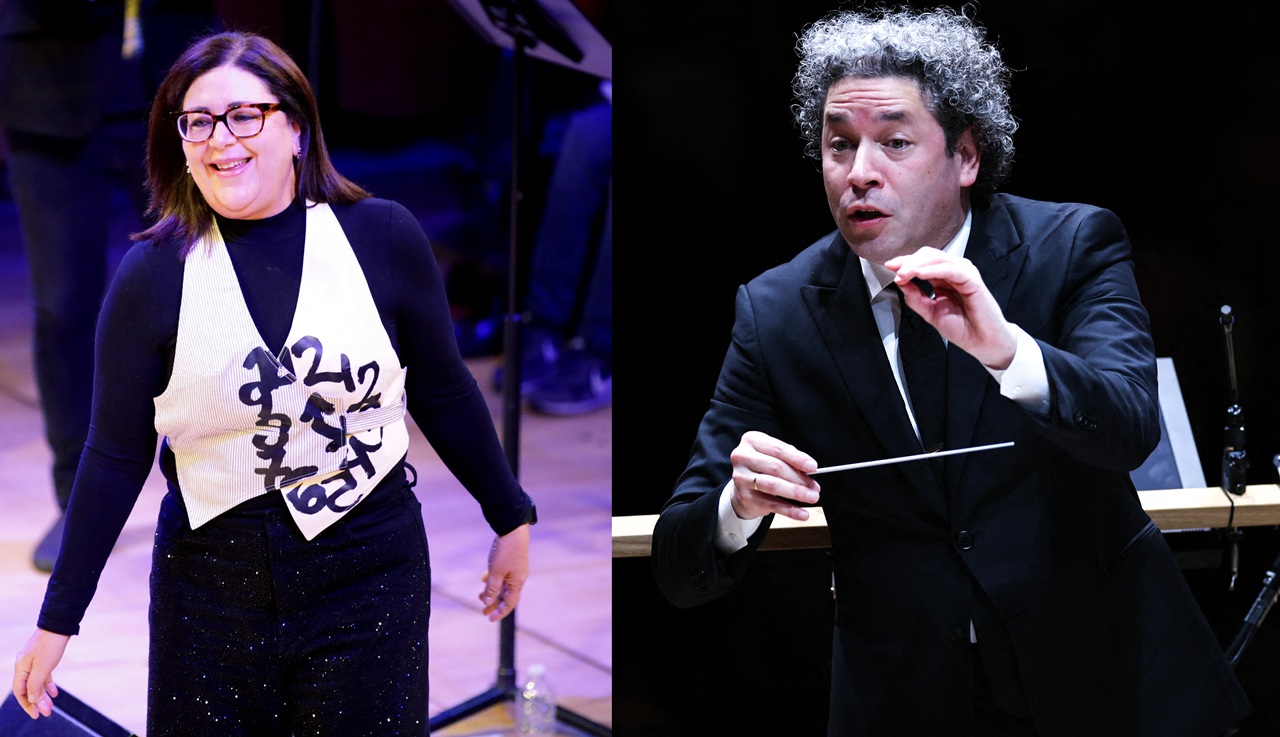
Ricardo Lorenz: "Latino culture is everywhere, even where you don't expect to find it"
The professors and Latin Grammy winners explain the bridges between their project and Venezuelan echoes that resonate from a Michigan studio.
The notes unfold almost as subtle caresses, appealing to the emotion and joy of the listener.
Little by little, the classical music collection, King Mangoberry, takes hold with violins that float tones until the climax of each composition and Venezuelan maracas explode to transport the listener to their Latin roots.
The composition is just another example of the Latino echoes that resonate all over the globe.
Recognition of the work started with King Mangoberry's Latin Grammy nomination for "Best Classical Music Album" and as one of its songs "Pataruco," was nominated for "Best Contemporary Classical Composition." Both the song and entire production express deep Venezuelan echoes in a different land.
One of the collaborators on both, Manuel Rangel, is also a well-known teacher who has shared his method for learning to play the maracas throughout the North American continent.
But the relationship between the states and its Latino influence doesn't stop there. Both works were transcribed by Travis Higa, director of the University of Southern Mississippi band, and came from a 1999 original composition by Ricardo Lorenz.
The original composer emphasized that his creation reached new heights when performed in the Venezuelan style.
RELATED CONTENT
King Mangoberry was performed by students in the Michigan State University Wind Symphony conducted by Kevin Sedatole alongside Rangel's maracas.
Sedatole and Lorenz are professors at Michigan State University, who in an interview for Billboard acknowledged that they "find it absolutely inspiring that this project has been recognized by the highest entity in the Latin recording industry."
"Most of the people in these projects are not Latino, so we are filling in that gap, something we have been trying to do for many years. Latino culture is everywhere, even where you don't expect to find it. This is a great example of that,” they said.
The performance is available on most streaming platforms, and splits each composition into individual songs. Live, it was a single concert that walked the line between European classical music and Latin folk.
In an interview that follows the concert, Lorenz emphasizes the importance of the project taking off alongside students and acknowledges the importance of his own son to the project, and its capacity to span continents and reach new audiences.
"The fact that King Mangoberry exists is because of my son's imagination. Then him and his classmates helped me figure out a series of characters based on this idea of hybridity between two fruits and vegetables that don’t belong together [...]. They made connections I hadn’t even made,” he said.











LEAVE A COMMENT: